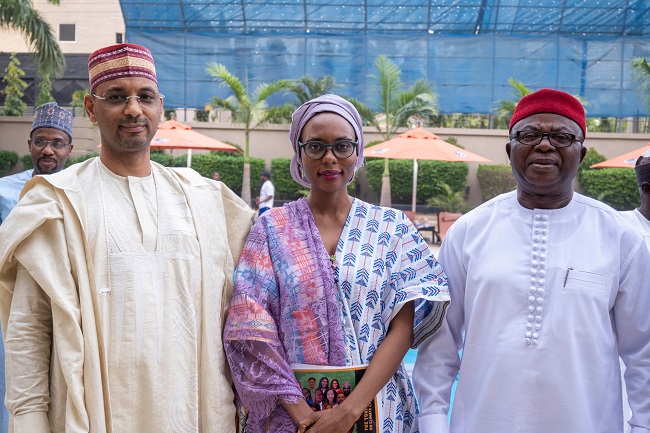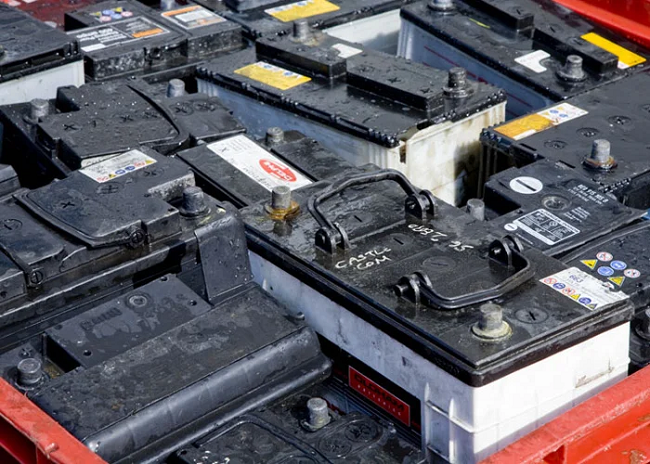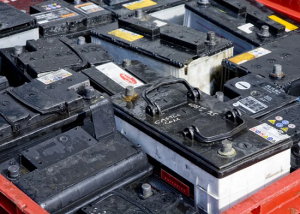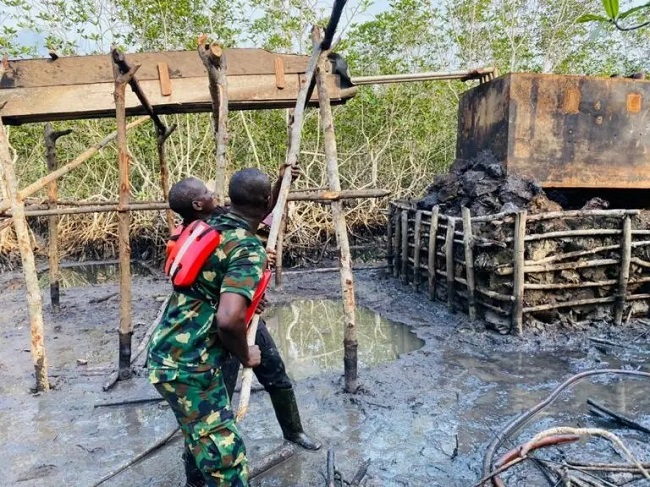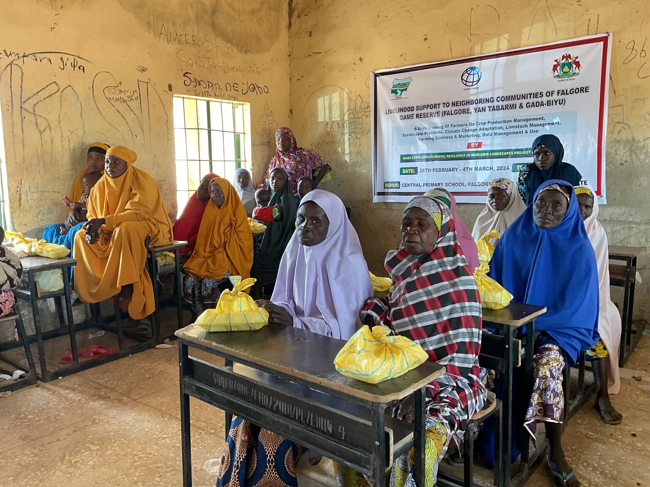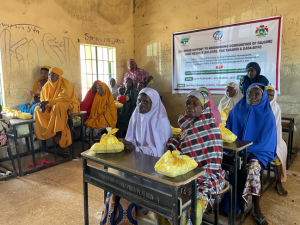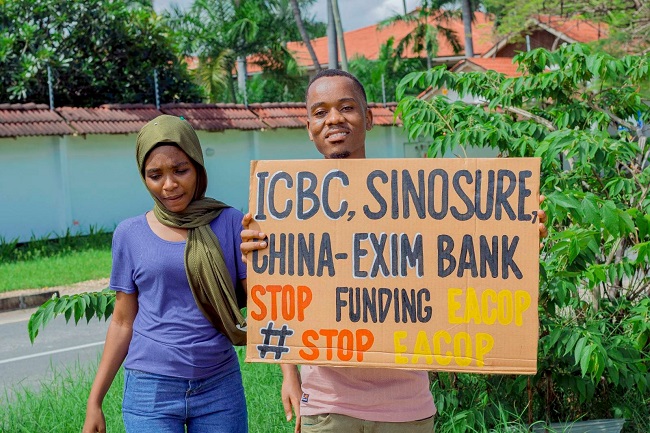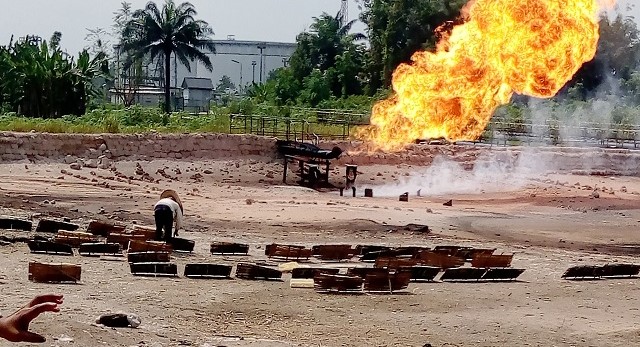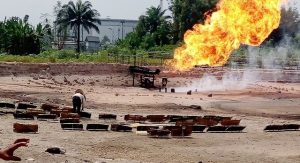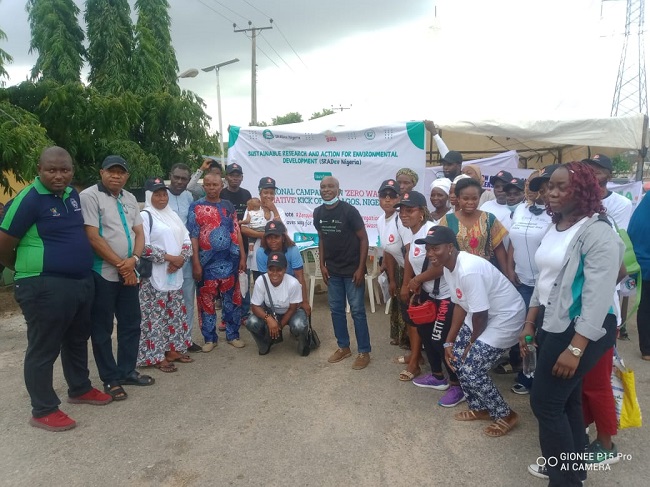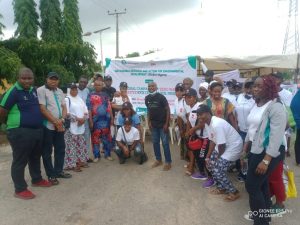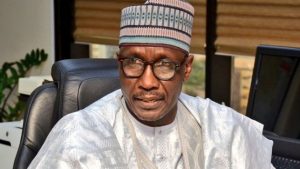In a significant move, leaders from Nigeria’s Northwest region issued a declaration at the Northwest Commissioners Summit on Climate Change (NCSCC) convened by Surge Africa Organisation in Kano. The declaration outlines a broad action plan to tackle climate change issues and foster a sustainable, resilient and low-carbon future for the region.
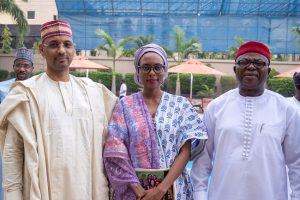
The Kano Declaration on Climate Change and Environment, adopted at the summit, which was held on February 29, 2024, acknowledges the devastating environmental and social impacts climate change is having on the region, including desertification, floods, unpredictable weather patterns, and declining food production.
The declaration signed by representatives of Kano, Jigawa, Kaduna, Kebbi, Katsina, Zamfara and Sokoto states outlines a seven-point action plan to address these myriad challenges head-on:
- Conservation of Biodiversity: Protecting natural resources through establishing protected areas, promoting sustainable land management practices, and combating illegal resource exploitation in the region.
- Rural Integration: Closing the gap between urban and rural areas by improving infrastructure, education, healthcare, and economic opportunities in rural communities.
- Collaboration and Partnerships: Building networks with neighbouring states, non-governmental organisations (NGOs), private sector, and local communities to leverage diverse expertise and resources in addressing climate change issues.
- Adaptation Finance: Mobilising and allocating funds to support adaptation measures in the Northwest region through a dedicated state climate fund, grants, loans, and accessing international climate finance mechanisms.
- Sustainable Development: Implementing policies that integrate economic growth, social equity, and environmental protection in the Northwest region. This includes promoting renewable energy, sustainable agriculture, and green businesses.
- Climate Security: Addressing climate-related security threats in the Northwest region such as resource scarcity, displacement, and critical infrastructure vulnerability to tackle changing climate change conditions.
- Monitoring and Reporting: Establishing a robust system to track progress and inform decision-making through constant reporting and data collection for making data-driven adjustments to climate policies in the Northwest region.
The declaration further emphasises collaboration and shared responsibility for all seven states and relevant stakeholders. It calls for the Northwest Commissioners Summit to become a biannual event and encourages establishing a parallel Governors’ Summit on Climate Change. The document concludes with a resounding call to action for all stakeholders to translate the declaration’s principles into concrete actions.
The Northwest Commissioners Summit on Climate Change laid the groundwork for robust and meaningful dialogues, assessment of current climate approaches, formation of new climate solutions, public-private collaboration, and the development of inter-state strategies on climate change in the region.
The Kano Declaration paves the way for multi-dimensional climate resilient and adaptation solutions at community level in the Northwest region.
The Kano Declaration on Climate Change and Environment can be downloaded here.

